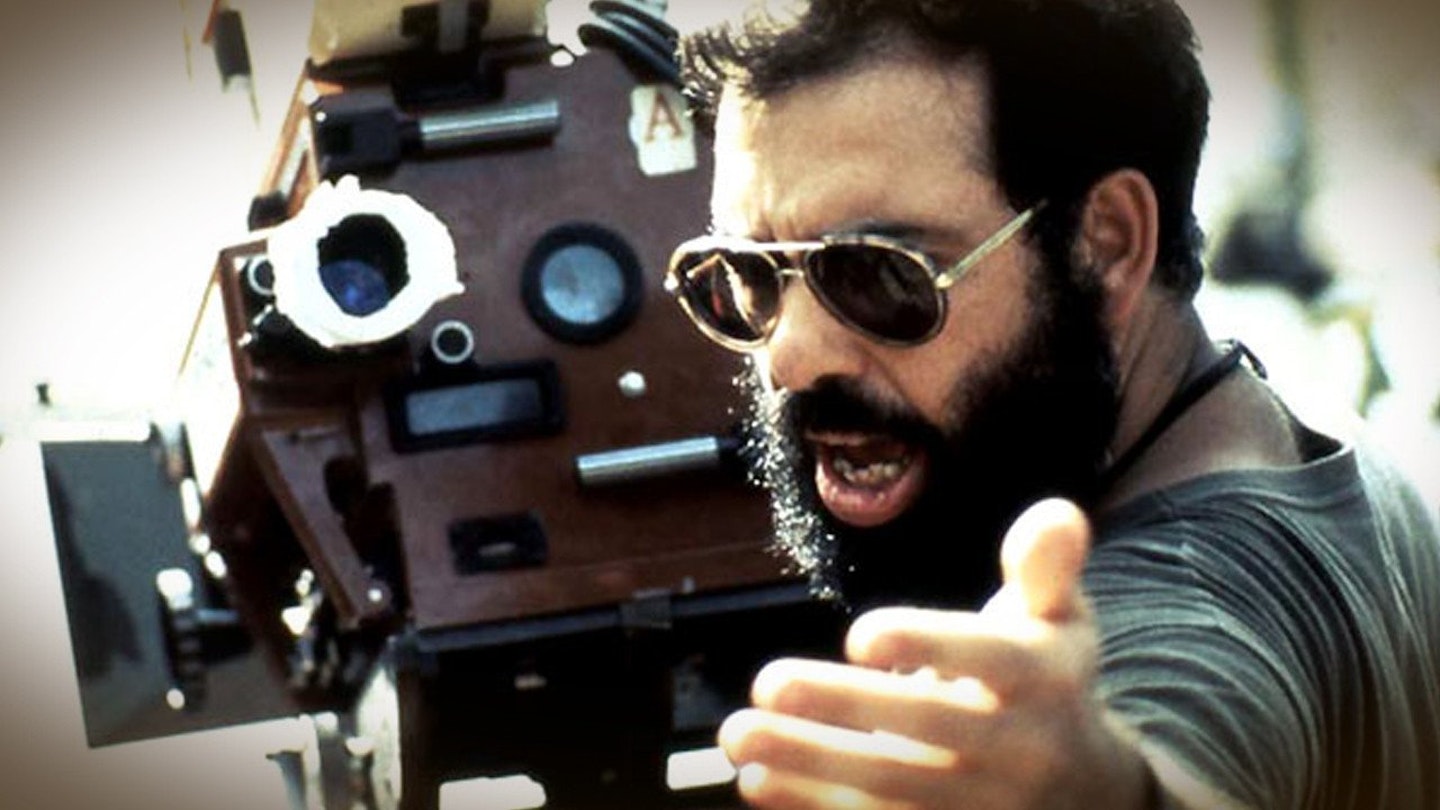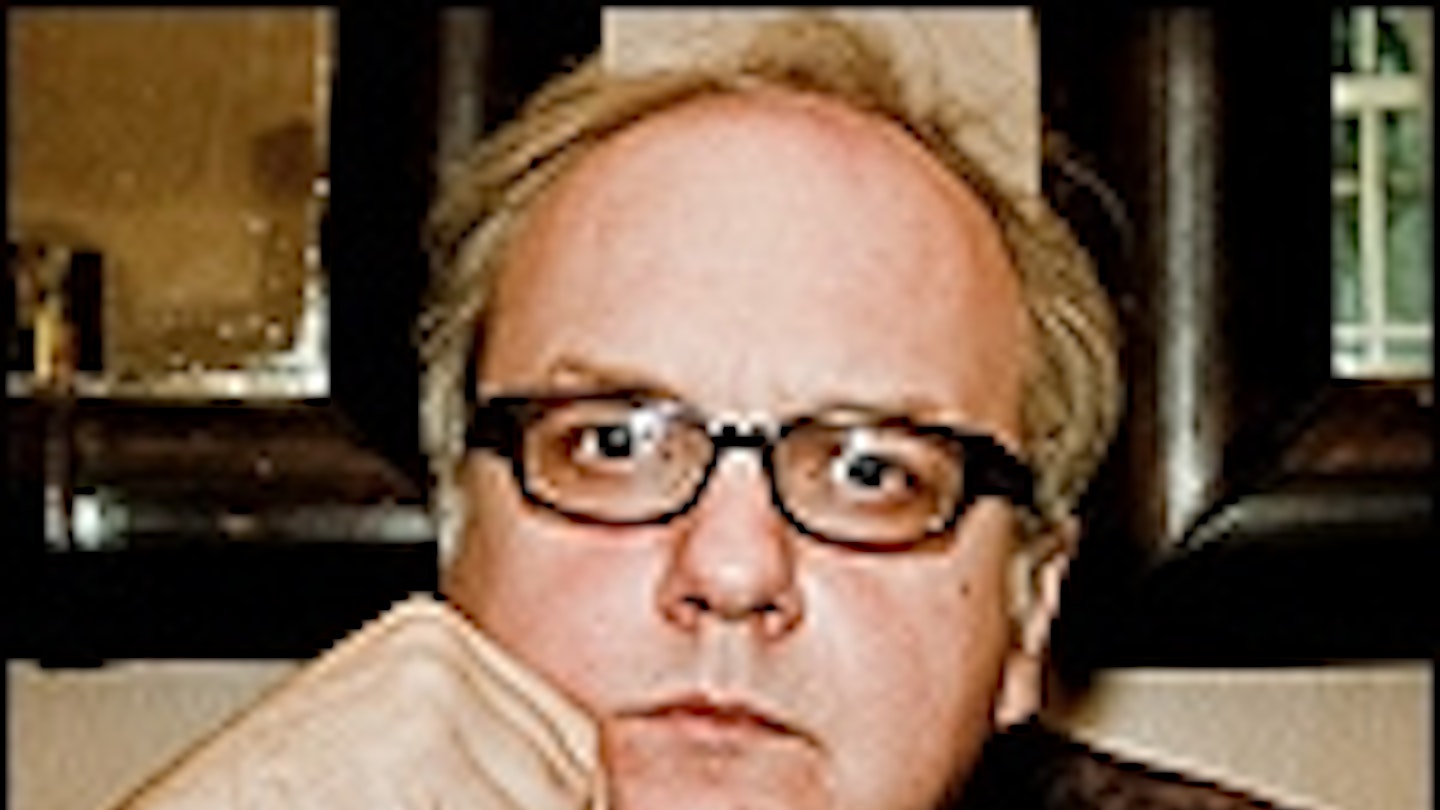"My greatest fear," says Francis Coppola in this documentary account of the making of Apocalypse Now, "is to make a shitty, pompous film." Then, without pausing, he affirms, with a touch of almost tragic glory, "And I'm making it!"
The legend of Apocalypse Now has, if anything, grown since the movie's release. Along with the parallel legends of Heaven's Gate and Fitzcarraldo, it has come to symbolise the profligacy and philospohical over-reach of 70s movie-making, as directors, encouraged by auteur theorists, embarked upon grandiose projects of questionable intellectual import. There's always been an unspoken intellectual subtext to Coppola's Vietnam film - itself based upon Joseph Conrad's Heart Of Darkness - which is that its production is its own allegory for that particular era of American imperialism. This is made explicit early on in the documentary, when Coppola claims he intends his films to be "made in the tradition of (disaster movie auteur) Irwin Allen - actionful, sensurramic!"
Engrossing and hilarious by turns, this is the story of a film-maker who deliberately places himself on the edge of a logistical precipice, where the slightest difficulty might spell disaster. And since he's filming in the politically-unstble Phillipines, and in the midst of the rainy season, difficulties do not tend to come in "slight" size. When he eventually succeeds, however, the return, theoretically at least, is that much greater for the obstacles overcome.
And what obstacles: the rains wash away his sets, setting the schedule back months; one of his stars, Harvey Keitel, is replaced shortly into the shooting; the other, Marlon Brando, refuses to wear the hat marked "helpful"; and Dennis Hopper is, well, more present in body than in mind, strictly speaking. Most annoying of all, the Phillipine air force keeps repossessing its helicopters - in one case just as a scene is about to be shot - to go and fight their own commie insurgents. Most shocking of all, Keitel's replacement Martin Sheen has a heart attack which blasts Coppola's schedules, yet again, to smithereens.
At all times, the production teeters on the edge of disaster, a situation not exactly helped by the fact that, presumably in the interests of historical accuracy, the entire company appears to be permanently wasted on a wide variety of drugs - a suspicion later verified by Sam Bottoms, who plays super-surfer Lance in the film. Fun for them, maybe, but a nightmare for the studio funding this madness, who despatch doughty John Milius to troubleshoot and get the film back on the rails. But Milius too, is sucked in, enticed by Coppola's mythic-heroic philosophising: like Lance in the movie, he effectively goes native, joining this directorial Kurtz in the jungle.
In the light of what followed, Hearts Of Darkness serves as an affectionate reminder of those times when film directors had things to say and the determination to say them. For despite the legend, big-movie budgets haven't decreased since the supposedly spend-thrift 70s - quite the opposite; the only thing that has decreased is the desire to say something different. Compared to today's vapid, identical "action" movies, a film like Apocalypse Now possesses both visual and spiritual weight in abundance. An actionful, sensurramic experience indeed.

